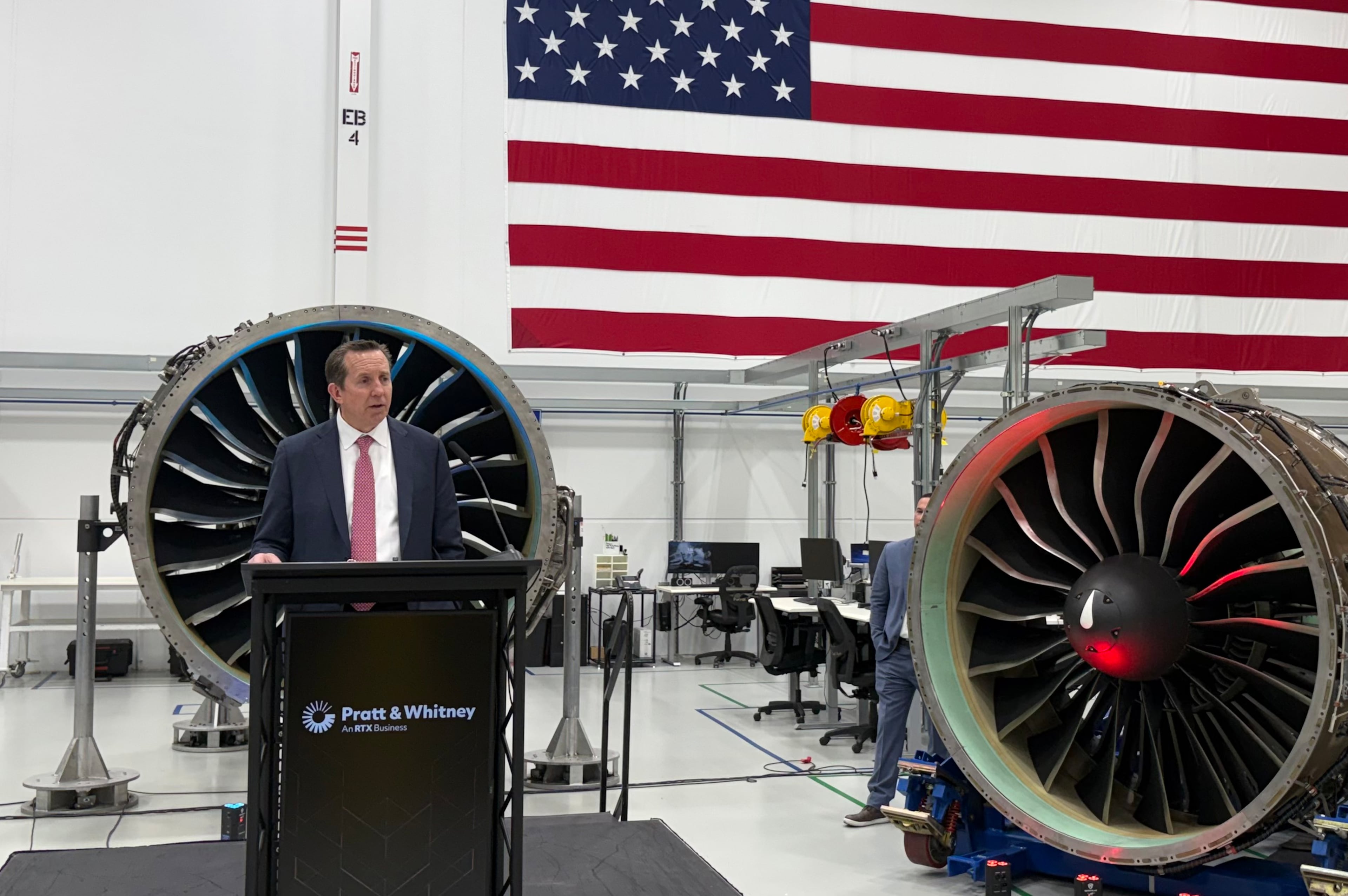Rejected by Amazon, Atlanta business leaders remain undeterred

Being spurned by Amazon shouldn't cause Atlanta to doubt itself or reverse course, but civic leaders should push to invest in transportation and other improvements to continue to attract companies to the region, say business leaders and urban experts.
In the aftermath of the decision, announced Nov. 13, that the Seattle online retail giant would be adding huge regional headquarters in New York City and metro Washington, D.C., leaders in Atlanta tried to accentuate the positive – that the metro region has been growing and should keep growing.
And they said they took solace that Atlanta was even in the running for Amazon.
VIDEO: More on Amazon’s HQ2 decision
The weeks that passed since Amazon’s decision have allowed time for reflection, said David Abney, chair and chief executive of UPS and incoming chair of the Metro Atlanta Chamber. But he’s not discouraged.
"I don't look at this as Atlanta's loss," he said. "Of all the communities, all the cities that were in the competition, we were in the last cut."
Atlanta was among the 20 metros that Amazon said it was examining closely. After making its choice, Amazon declined to say which regions had made it to the inner circle of finalists. But wherever Atlanta had ranked, it was out of the money.
Even the consolation prize – a 5,000 job, regional hub for various operations – went to Nashville.
So, it was something less than a validation of Atlanta's status quo. And most observers interpreted Amazon's decision as an endorsement of several strengths in the areas it picked, strengths that Atlanta did not match.
Going forward, Atlanta’s priority issues are clear, Abney said: Traffic, of course, but even more important, the people that need to be moved.
“It is all about the talent,” he told nearly 2,000 attendees at the chamber’s annual meeting Nov. 29. “It’s about bringing more growth.”
In an interview later, he said the region needs to move with the times: "We need to be concentrating on 21st century jobs versus trying to hang on to 20th century jobs."

From the perspective of those making decisions about where to locate companies, that focus on talent is crucial, said Jay Garner, president of Garner Economics, an Atlanta-based economic development and site location consulting firm.
More than anything, the deep pool of tech-savvy young people – and the ability to lure many more – shaped Amazon's decision, he said. "Talent is the new currency. They will be able to find talent of all kinds in New York and in Virginia."
But even before losing Amazon's auction, transportation was high on the list of topics – if not number one – whenever Atlantans talked about problems that need addressing. And it is a key reason that Amazon didn't put Atlanta at the top of its own list, said Aaron Klein, policy director for the Center on Regulation and Markets at the Brookings Institution.
Amazon chose two locations that were close to both trains and airports, he said. “They both have regional transit systems. Atlanta does not.”

Atlanta needs to exploit technology to get the biggest impact for its dollars, he said. "Amazon didn't want a transit system made for 'Leave it to Beaver' America. I'll give you infrastructure in three words: Invest more wisely."
One thing Atlanta cannot afford to do is nothing, said Margery Austin Turner, senior vice president at the Urban Institute. "Atlanta has problems, and Atlanta needs to get out ahead of those problems."
Besides transportation, she said Atlanta needs to focus on affordable housing, especially for working people, while it strives to keep up economic growth.
Turner argues that Atlanta cannot effectively solve one of those problems without solving all of them. "All these challenges are inter-related."
Atlanta has to avoid the extreme polarization of wealth and poverty seen in cities like San Francisco and New York, she said. "There is a conventional wisdom that growth and equity run counter to each other, but growth and equity can reinforce each other."


